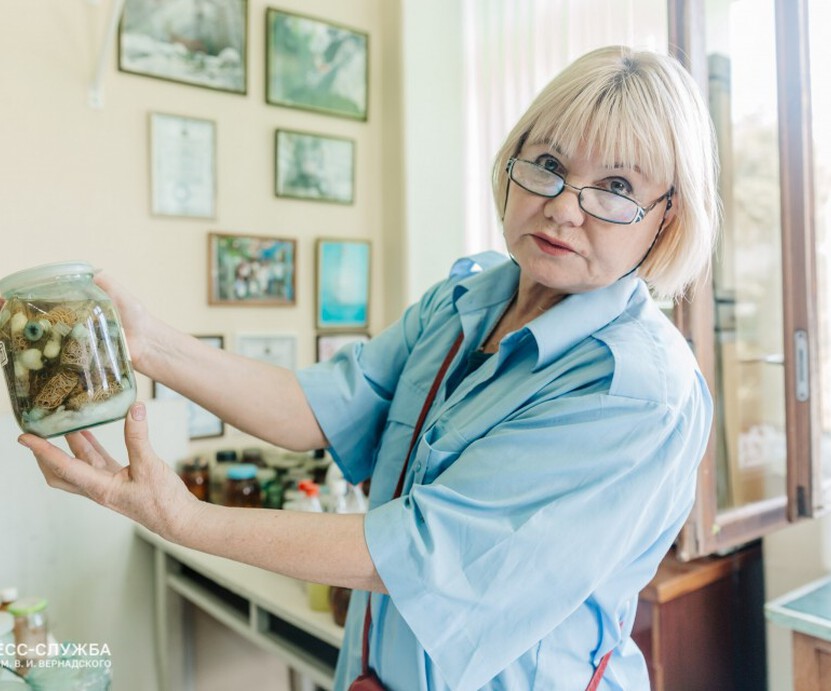
A group of scientists in Crimea is currently involved in an extensive project to create a vast collection of worms, making it one of the largest collections in Russia. These scientists, driven by a passion for studying parasites, are collecting a wide variety of worms from various sources, including animals, humans, and the environment.
With the aim of better understanding the diversity and evolution of these creatures, the scientists have been meticulously cataloging their findings. The collection includes both common and rare species of worms, providing valuable insights into their distribution and characteristics.
Studying worms is crucial for various scientific fields, such as medicine, veterinary science, and ecology. Parasitic worms are responsible for numerous diseases in humans and animals, making it essential to study their biology, life cycles, and potential treatments. Additionally, worms play a significant role in ecosystem dynamics, influencing the health and balance of various environments.
By expanding the collection, scientists aim to offer a valuable resource for researchers across different disciplines. It will facilitate investigations into worm-related topics, leading to a better understanding of these organisms and the development of more effective control measures and treatments.
Creating such a vast collection of worms presents numerous challenges for the scientists. The team must search for worms in different habitats, often relying on samples from living animals during surgical procedures or necropsies. Additionally, the collection process requires extensive documentation, including detailed descriptions, photographs, and genetic analysis of each specimen.
Furthermore, establishing and maintaining a comprehensive collection demands significant resources, including laboratory facilities, equipment, and staff. The scientists are working tirelessly to secure funding and collaborate with other institutions to support the project.
The Crimean scientists behind this project have ambitious goals for the future. They plan to continue expanding the collection, adding more species and increasing its scientific value. The collection will serve as a center for research and education, contributing to the scientific community's understanding of worms.
Moreover, the scientists aim to establish partnerships with international institutions, allowing for knowledge exchange and joint research endeavors. This collaboration will further enhance the significance of the collection and foster scientific advancements in the field of parasitology.
The Crimean scientists' dedication to building one of Russia's largest collections of worms showcases their commitment to scientific discovery and the advancement of knowledge. Their work will undoubtedly contribute to various scientific fields and aid in the development of innovative approaches to tackle worm-related issues.